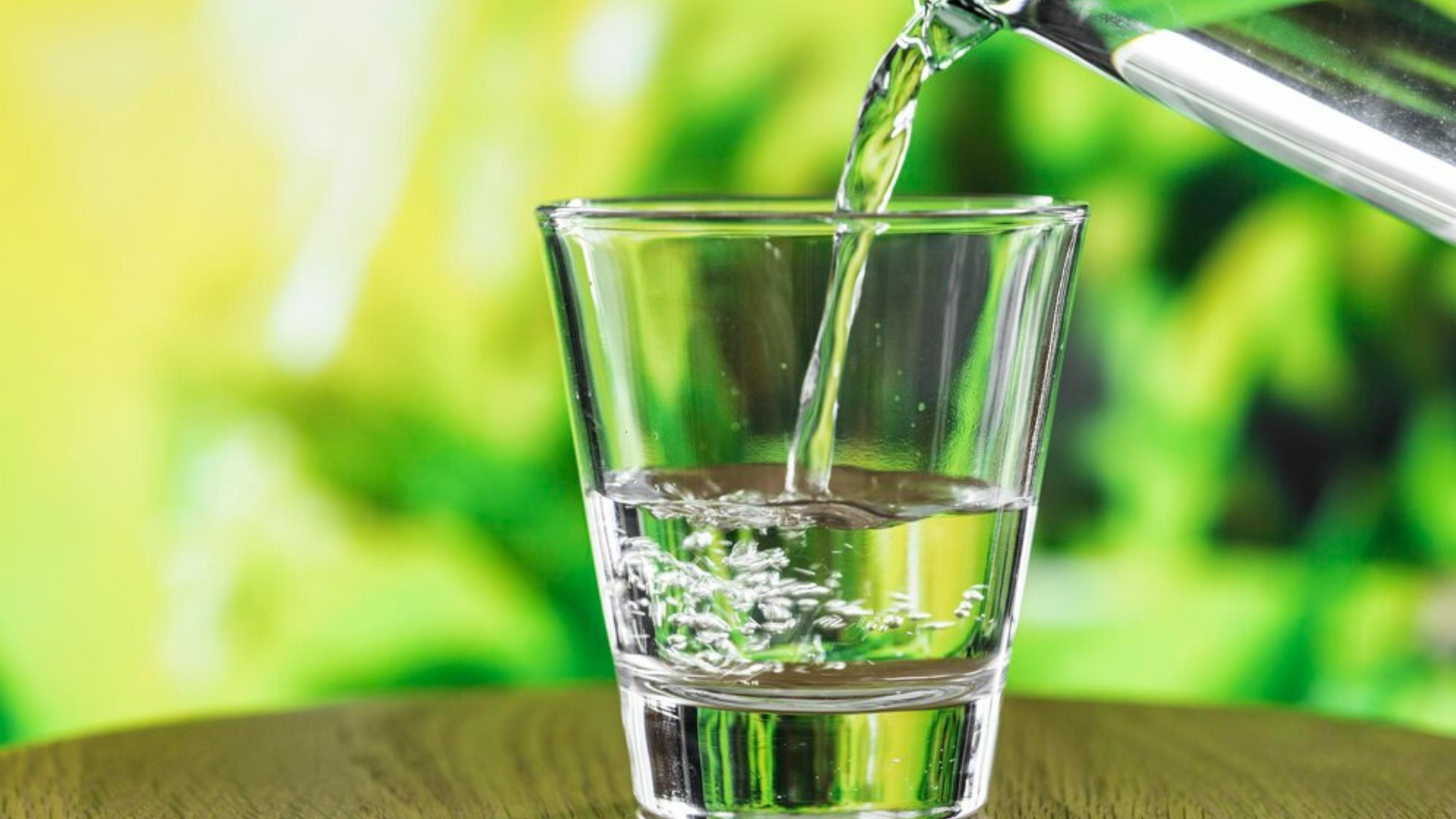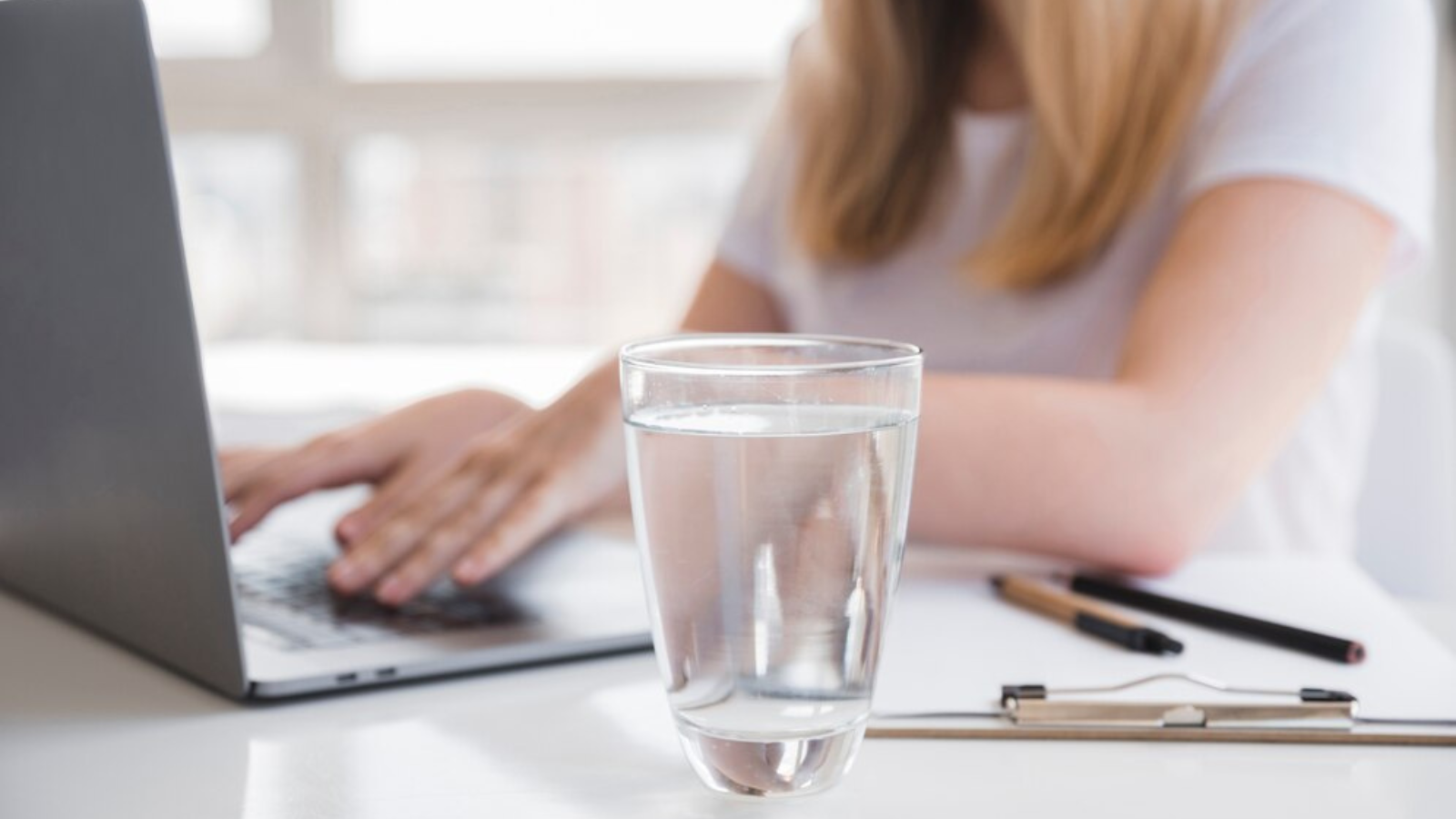Workplace Dehydration: How It Harms Your Kidneys and Affects Your Health

Many professionals take pride in their busy schedules, often neglecting basic self-care habits like drinking enough water - “I am so busy; I don't have time to even drink ”water”. However, dehydration at the workplace is a serious issue, impacting both health and productivity. Long hours, physically demanding tasks, air-conditioned offices, and tight deadlines can all contribute to reduced fluid intake, leading to potential health risks, particularly for kidney function.
Signs of Workplace Dehydration
A simple way to detect dehydration is by monitoring urine frequency and color. Reduced urination and dark-colored urine are clear indicators of inadequate hydration. Ignoring these signs can have long-term consequences on overall health.

How Dehydration Affects Kidney Health
According to Dr. Shiwaanee Gupta, MBBS MD, Internal Medicine, Lead Clinician, HCL Healthcare, “Dehydration, a common issue particularly in the workplace, poses a significant risk to kidney health. On the health aspect, one may experience physical symptoms like cramps, headache, lack of concentration, lethargy and fatigue, increased skin wrinkling, and aging effects. More severe impacts could be a higher risk of urinary infections, the development of kidney stones in those predisposed, and blood pressure fluctuations. While acute dehydration presents obvious symptoms, chronic, low-grade dehydration can silently damage the kidneys. This forces the kidneys to overwork, leading to concentrated waste products, an increased risk of kidney stones, reduced blood supply, and potential acute kidney injury (AKI), ultimately contributing to chronic kidney disease (CKD).”
Tips to Stay Hydrated at Work

Dr. Tanmay Pandya, HOD & Director – Nephrology, Sarvodaya Hospital Sector-8, Faridabad, emphasizes the importance of proactive hydration. “Fortunately, preventing dehydration and protecting kidney health is achievable through simple measures. These include drinking at least eight glasses of water daily (more if active or working in heat), keeping water readily available, setting reminders to drink, paying attention to thirst cues, incorporating hydrating foods into the diet, and limiting sugary beverages. Proactive hydration is crucial for maintaining kidney function and overall well-being. Prioritizing hydration is a simple yet powerful way to safeguard kidney function and prevent long-term health complications. Make conscious hydration a daily habit to support your overall well-being.”
Water Over Caffeinated and Sugary Beverages
Many people rely on tea, coffee, carbonated drinks, or packaged juices for hydration, but these are not adequate substitutes for water. Experts recommend consuming 6-8 glasses of water daily, even for those working indoors or in air-conditioned environments. Those working in hot or humid conditions may need to increase their intake further.
Staying hydrated is one of the simplest yet most effective ways to protect kidney health and enhance overall well-being. Making water consumption a daily habit can prevent dehydration-related complications, allowing you to stay productive and healthy in the workplace.